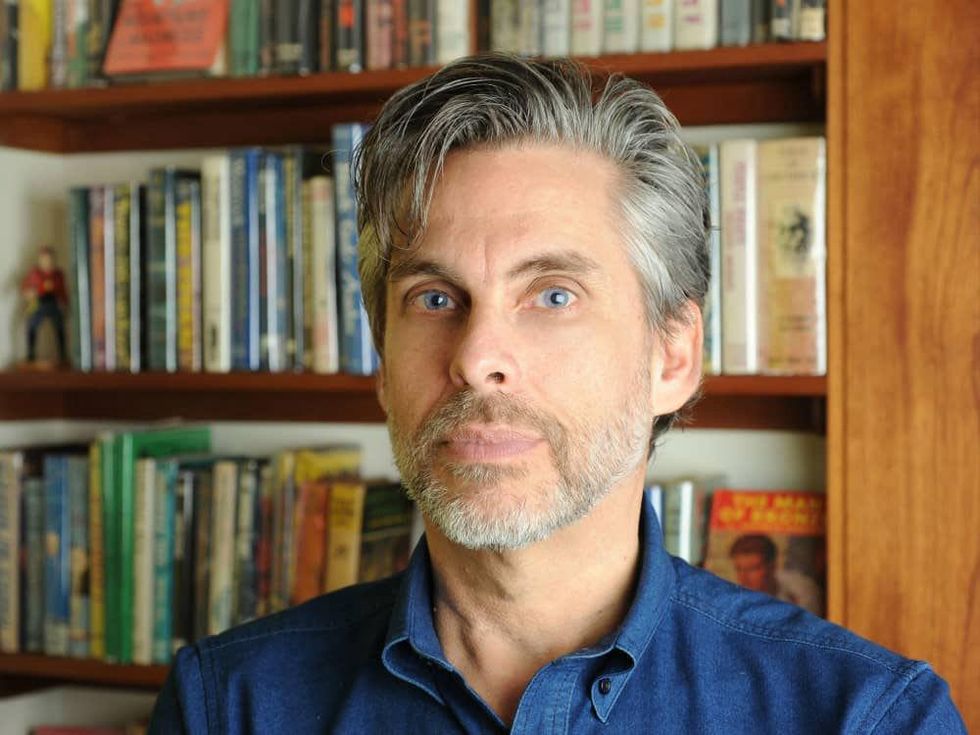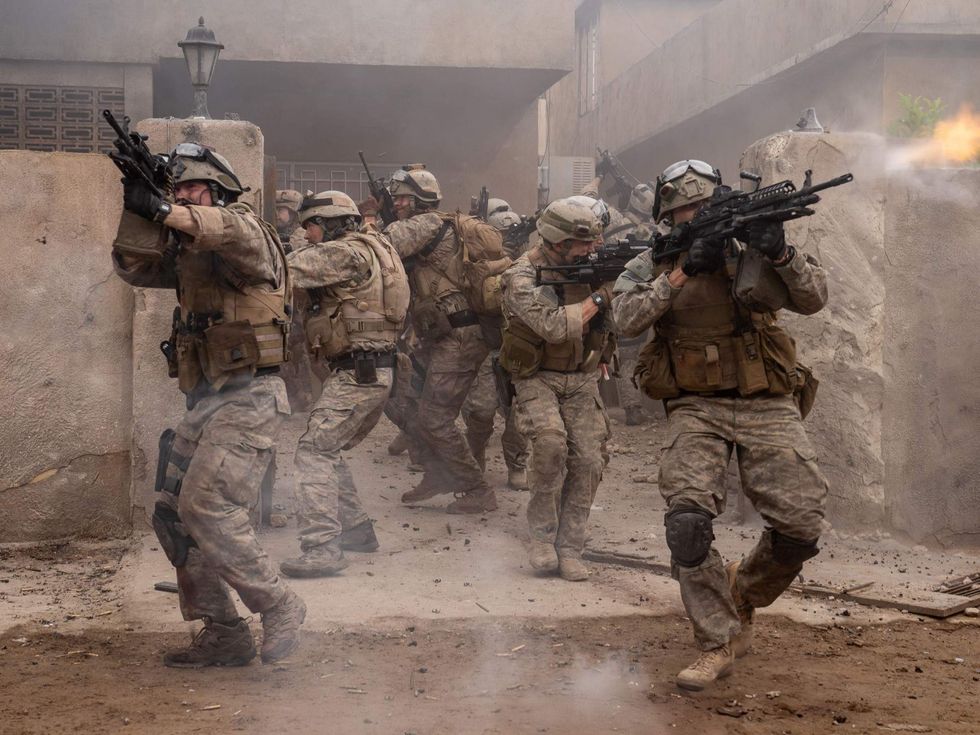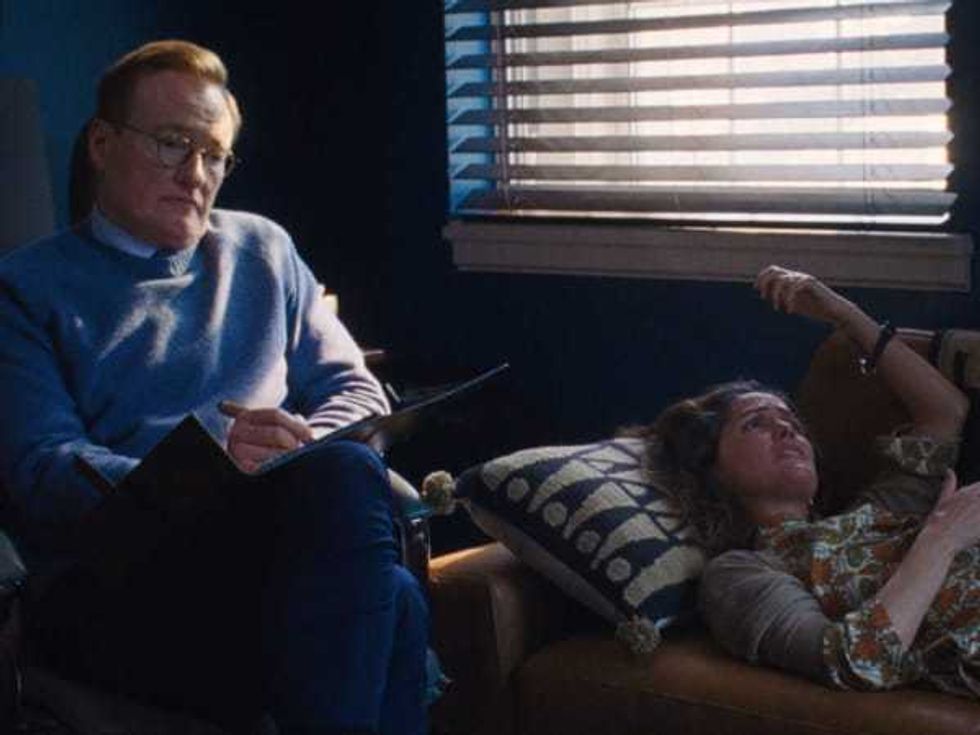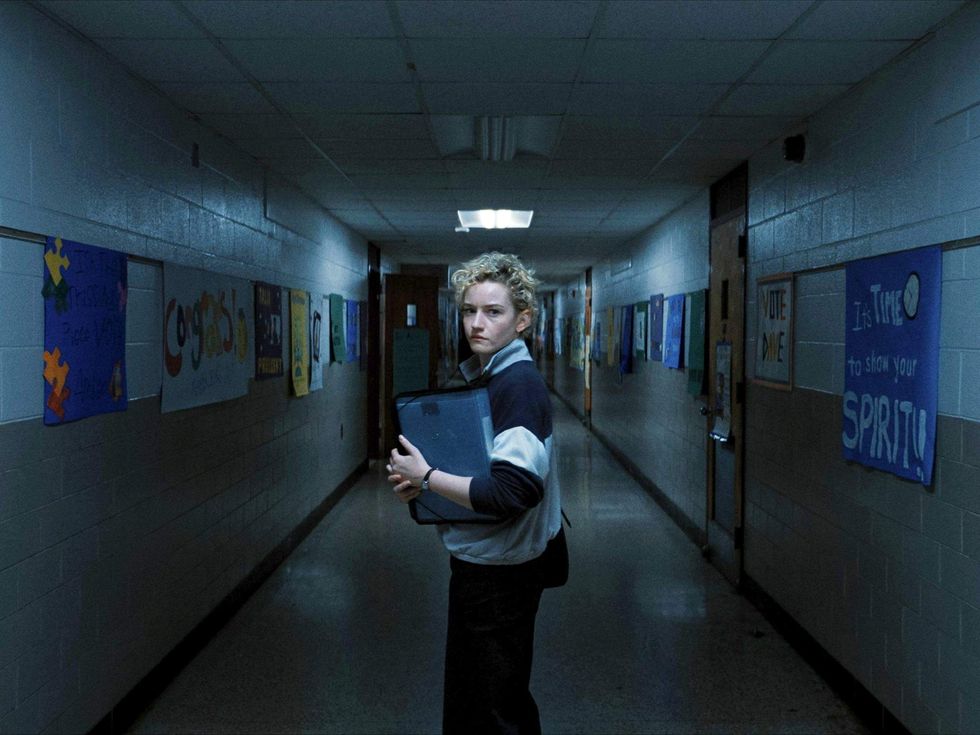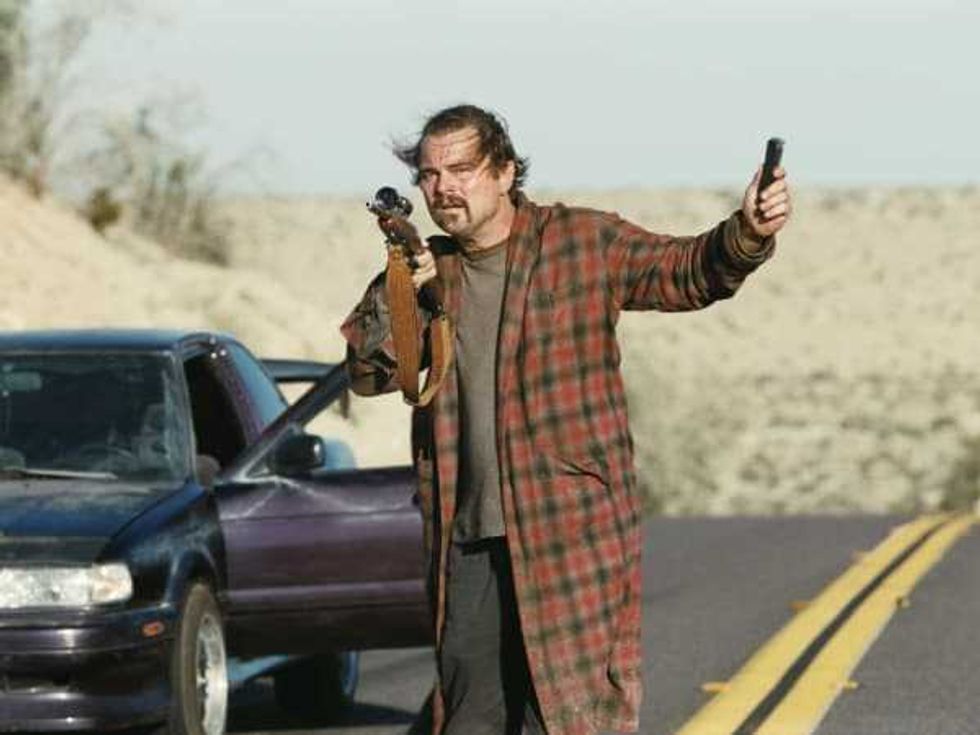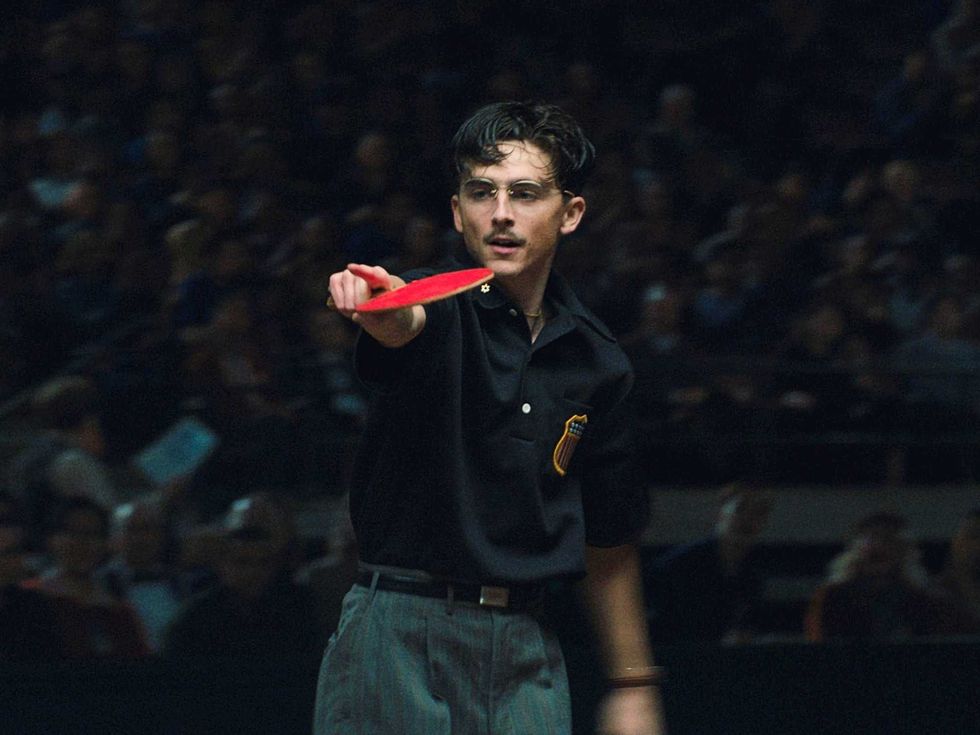Book Talk
The replacement: Michael Chabon sends Houston's book-loving community into a tizzy
When Zadie Smith had to bow out of the Inprint Margarett Root Brown Reading Series, there was much disappointment that was soon followed by much rejoicing when Michael Chabon agreed to take her place on the Alley Stage on Monday night.
Unfortunately, if you did not purchase a ticket already, prepare for another wave of sorrow because the event is completely sold out.
Perhaps it’s a testament to both Houston’s status as a literary-loving city and Michael Chabon’s place in the contemporary American fiction canon that all the tickets were gone nearly a week before the event. The best-selling, Pulitzer Prize and Hugo Award winning author has gained a devoted and diverse Houston following with such novels as The Mysteries of Pittsburgh, The Amazing Adventures of Kavalier & Clay, and The Yiddish Policemen’s Union.
If you don’t have a ticket for the reading, you might want to call HBO and demand some Chabon for your TV instead.
Chabon’s latest book, Telegraph Avenue, which began life several years ago as an unproduced television pilot for TNT, chronicles the eclectic communities on that California street that connects Oakland to Berkeley. In the novel, those communities are represented with all their beautiful and troubled humanity by two families and two sets of partnerships rooted to the place. Archy Stalling and Nat Jaffe spend their days trying to keep their failing record store alive.
Archy’s wife Gwen and Nat’s wife Aviva, nurse-midwives in practice together, deliver new lives into the community. Meanwhile Archy’s son Titus and Nat and Aviva’s son Julius, taking inspiration from Quentin Tarantino movies, roam the streets looking for adventures. They provide the kind of wondrous yet cynical perspective on the world only possibly from 14-year-olds.
Questions of Identity
When Telegraph Avenue was first published last year, Chabon was asked many questions about race in the book, but when I spoke with him before his Houston appearance I wondered if this issue was a part of characters’ more general quest for identity in the novel. With so many of his characters attempting to fit into or struggling against given and chosen categories of race, gender, class, sexuality or family, I asked Chabon if these were themes he was interested in playing with in the novel.
“I think that’s a theme in almost everything I’ve written going back to my first book,” Chabon affirmed. “A lot of what I write has to do with people both trying to come to terms with their identity, or finding their identity, or helping to determine their identity but also the theme of families of choice vs. families of birth and the question of fitting in or not fitting in.”
Working alongside those issues of identity are ones of power and politics, from national politics and a scene of Barack Obama preparing to speak at a fundraiser during the 2004 Kerry campaign to the most local politics and a neighborhood meeting of residents trying to keep a music mega-store from being built. Perhaps most intriguing are the politics of a city hospital.
One of the main conflicts of the story arises when Gwen and Aviva are forced to go in front of the hospital’s obstetrics board after a harrowing home delivery.
When I asked Chabon how these midwife stories found such an prominent place alongside the male stories of the novel, he explained he became fascinated with the lives of midwives when he and his wife, novelist Ayelet Waldman, were preparing for the birth of their second child.
"As soon as I made the decision to have midwives in my story, then if I was going to do it accurately, it was somehow going to involve that dance."
“Moments would arise in the course of the pregnancy when there had to be little negotiations among the midwife, the OB, who was backup, the hospital, and the insurance company. Little fissures were visible,” Chabon recalled. “I became aware of this delicate dance that midwives are obliged to do.”
Chabon felt like the career of a midwife for Gwen and Aviva would be a good source of conflict for the characters, but he says, “I didn’t just choose it abstractly. As soon as I made the decision to have midwives in my story — which I did because it seemed like fascinating, dramatic work — then if I was going to do it accurately, it was somehow going to involve that dance.”
Creating Worlds
Though these complex issues and themes of identity and politics might make the book so worth pondering and discussing, Chabon did stipulate they are not always conscious concerns when he writes. Like any benevolent creator the “world of the book” comes first, as he locates the “setting, time period, and demographics,” what he calls the “vibe” of work.
Sometimes the themes and issues that arise in his fictive worlds are actually ones that his readers find first.
"He needed to grow up and part of growing up is losing. Growing up does incur loss.”
“It’s really not until well into the process that I consider some of the themes that then seem to emerge in readers’ minds,” he admits. “I very frequently have the experience of saying ‘Oh yeah, I see that.’ I didn’t really notice. It just emerged.”
Thought there are many comic elements and even laugh-out-loud moments in the book, Telegraph Avenue has a decidedly “bitter-sweet” ending. Chabon calls the ending “ambivalent,” and said “A lot has been lost by all the characters on an emotional level. Various connections have been cut and relationships have faded in intensity. On the other hand, the characters have gained not just stability and security but also in maturity in the case of Archy.
"He needed to grow up and part of growing up is losing. Growing up does incur loss.”
With Telegraph Avenue completed Chabon is coming full circle for his next project, another television pilot. Chabon and Waldman are awaiting word from HBO to see if their pilot script for a new series will be filmed. Set during World War II, the show would tell the story of a “rogue officer of British military intelligence who puts together a team of various kinds of charlatans, among them an escape artist, a magician, a couple of con artists, an effects builder, forger and safe cracker.
"They are given unofficial license to perpetrate deceptions and illusions against the Germans,” describes Chabon.
So if you don’t have a ticket for the Inprint reading, you might want to call HBO and demand some Michael Chabon for your television instead.
